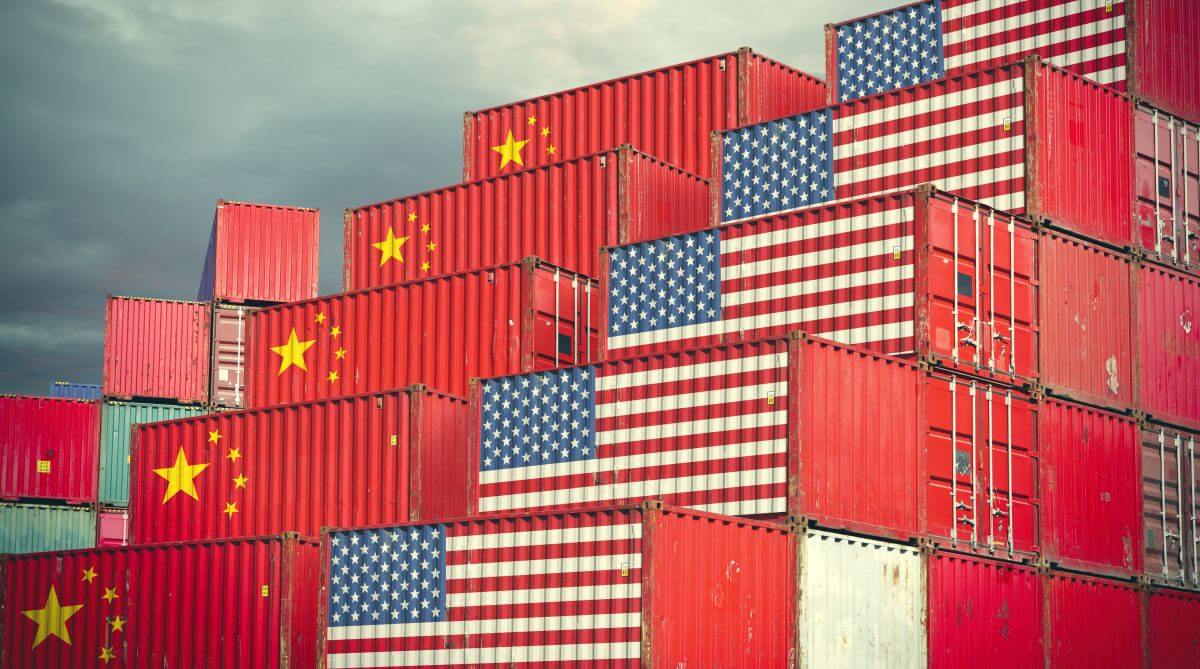The National People’s Congress Standing Committee (NPCSC) of China on Thursday passed a new law that it says will help defend against international sanctions and punitive measures from Western governments. According to The Straits Times, the new anti-sanctions law contains 16 articles and takes effect immediately.
As per Article 6 of the new law, China’s retaliatory measures against those involved in “suppressing” it or found interfering in its internal matters can face “refusal to issue visas, denial of entry, deportation... and sealing, seizing, and freezing property of individuals or businesses that adhere to foreign sanctions against Chinese businesses or officials”. In this regard, a new body will be set up to coordinate the anti-foreign sanctions.
The law also specifies that no one in the country can help foreign governments to enact measures against China, and instead, people must help Beijing’s authorities to execute retaliatory measures. It also dictates that private individuals and organizations affected by the resultant sanctions can make claims in mainland courts.
NPCSC chairman Li Zhanshu told lawmakers at the session that the passing of such a law demonstrates to the world that “China will never give up its legitimate rights and interests even when engaging in a foreign policy of peace and mutual benefit”. He added that “No one should imagine letting China swallow the bitter fruit that harms its own interests.” Li stressed that the Chinese government and people will “resolutely counter various sanctions and interference.”
According to experts, the new law is the country’s “most wide-ranging legal tool” that will help Beijing counteract foreign sanctions and aims to provide Chinese retaliatory measures “more legitimacy and predictability”. Hong Kong’s only delegate to the NPCSC, Tam Yiu-chung, says that the Standing Committee can even apply the law to individuals, their relatives and organisations found to be meddling in China’s internal affairs. However, it is not yet clear whether the new law will apply to Hong Kong and Macau through local legislation.
The Straits Times reported that the law was rushed to be put to vote and passed only after two readings instead of the usual three after being tabled. According to the Chinese media house Global Times, if consensus is achieved on all aspects of the law’s draft it can be reviewed twice. One of the few other times laws have been passed at this speed was last year for a National Security Law (NSL) for Hong Kong.
In the past, the West has issued sanctions over Beijing’s actions and human rights violations in Hong Kong, Xinjiang, and Taiwan. In March, the European Union (EU) had sanctioned four Chinese officials for orchestrating a “large-scale surveillance, detention and indoctrination programme targeting Uyghurs and people from other Muslim ethnic minorities” in the Xinjiang Uyghur Autonomous Region (XUAR). In the same month, the United States (US) also sanctioned 24 Chinese and Hong Kong officials over Beijing’s crackdown on political freedoms in the autonomous region.
The latest law is another in a series of measures intended to safeguard Chinese interests through legal means against such measures that Beijing views as interference in its internal matters.

